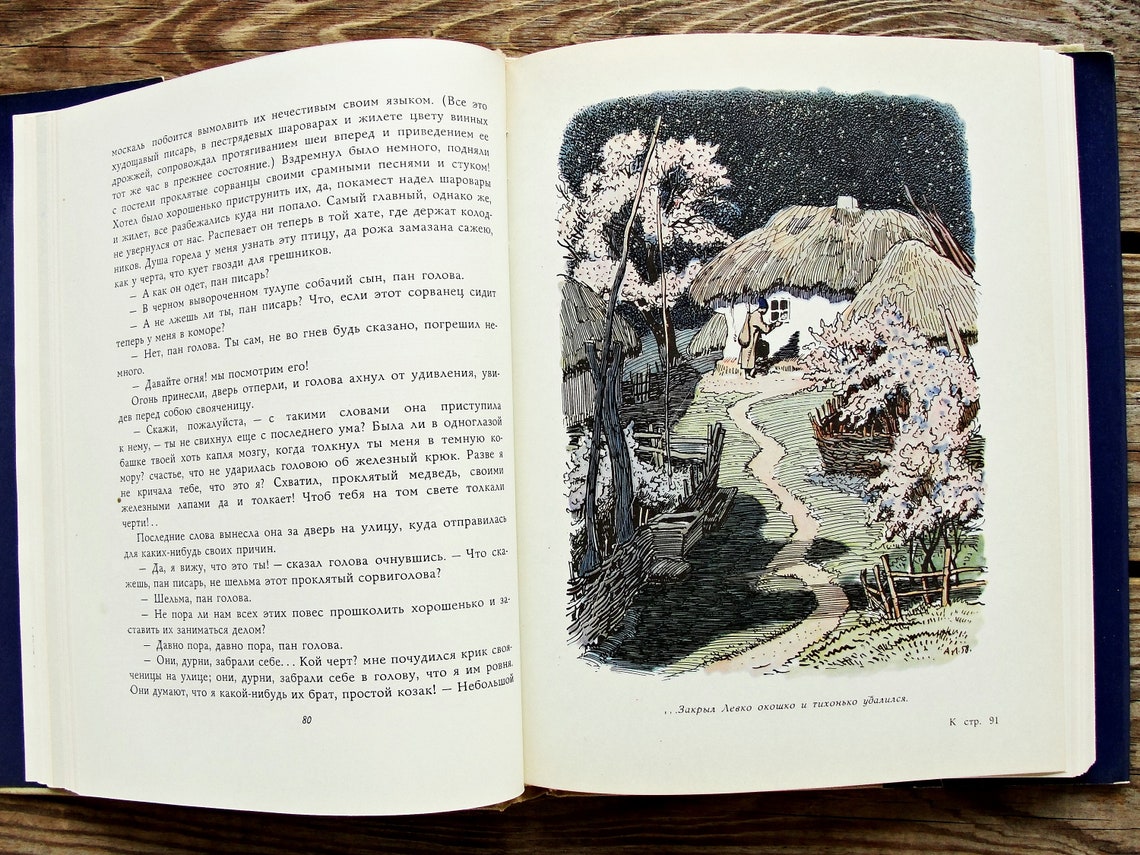
However, they become lost in the wilderness, eventually coming upon two small houses and a farm. As the night draws in, the students hope to find a village near the main road where they can find some rest and food. Eventually, the group is reduced to three students, the theologian Khaliava, the philosopher Khoma Brut, and the rhetorician Tibery Gorobets. Every summer, after classes have ended, there is usually a large procession of all the students moving around the area as they travel home, getting progressively smaller as each student arrives at his home. Three students from the Brothers’ Monastery at Kiev. The novel Taras Bulba (1835) and the play Marriage (1842), along with the short stories "Diary of a Madman", "The Tale of How Ivan Ivanovich Quarreled with Ivan Nikiforovich", "The Portrait" and "The Carriage", are also among his best-known works.

His later writing satirised political corruption in the Russian Empire (The Government Inspector, Dead Souls). His early works, such as Evenings on a Farm Near Dikanka, were influenced by his Ukrainian upbringing, Ukrainian culture and folklore.


Nikolai Vasilievich Gogol (31 March 1809 – 4 March 1852) was a Russian dramatist of Ukrainian origin.Īlthough Gogol was considered by his contemporaries to be one of the preeminent figures of the natural school of Russian literary realism, later critics have found in his work a fundamentally romantic sensibility, with strains of surrealism and the grotesque ("The Nose", "Viy", "The Overcoat", "Nevsky Prospekt"). Daguerreotype of Gogol taken in 1845 by Sergey Lvovich Levitsky This image is in the public domain in its country of origin and other countries and areas where the copyright term is the author's life plus 70 years or less.


 0 kommentar(er)
0 kommentar(er)
